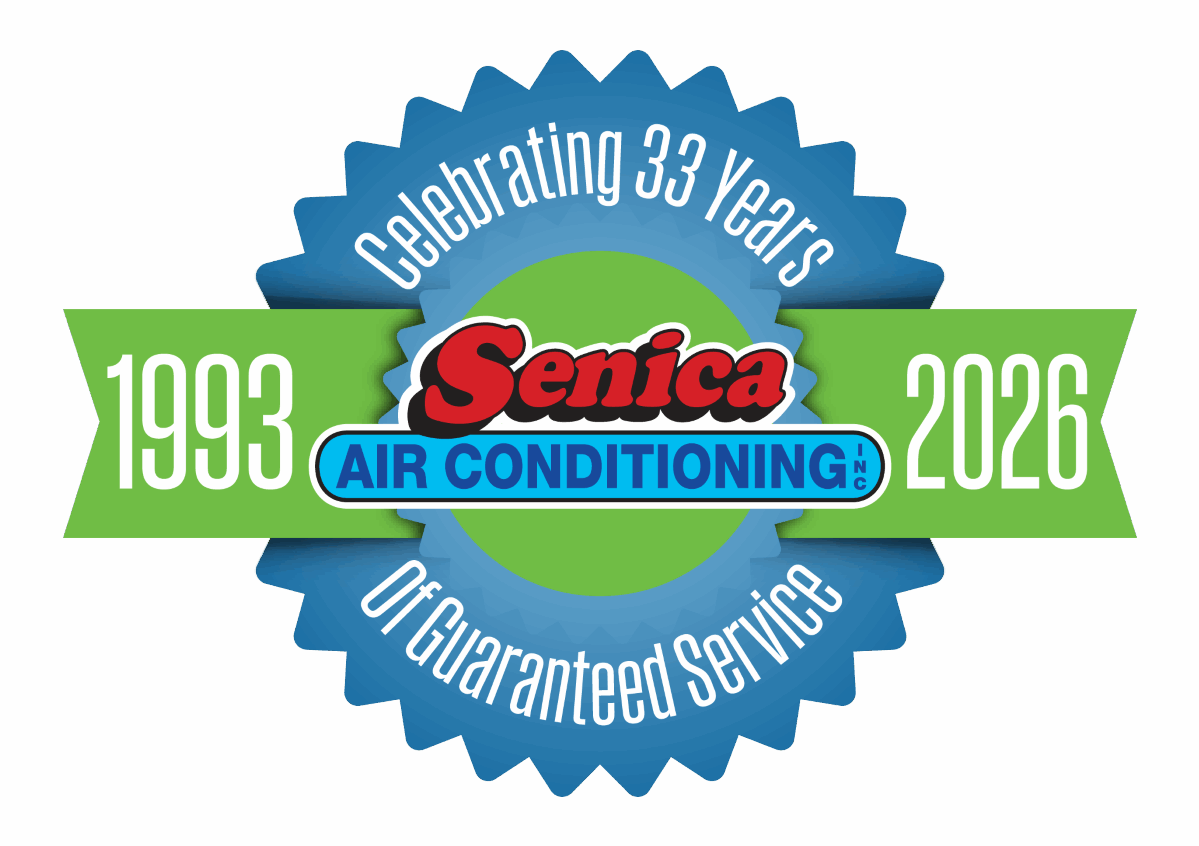The air you breathe has a direct effect on your comfort and well-being. Since most people spend a significant time at home, at least while sleeping, the home’s air quality is important. Indoor air can become filled with impurities such as dust, pollen, chemicals, gases, bacteria, mold spores, and viruses. Here are approaches you can take toward improving indoor air quality.
UV lights
UV lights help indoor air quality by killing fungi and germs. Biological agents such as bacteria, viruses, mold spores, and other fungi can infiltrate the air supply a number of ways, including via dirty coils on your HVAC system. If you have regularly scheduled HVAC maintenance, you might think you are safe from this, but this is not always the case. During operation, moisture condenses on air conditioning coils. Quickly the stage is set for mold and bacterial growth on the coils. Eventually, a film of these micro-organisms spreads over the coil surface. As air returns to the home, these micro-organisms can ride along with it, bypassing even the air filters to contaminate your indoor air.
When germicidal UV lights are properly installed on the inside and outside of A/C coils, existing mold and bacteria are killed and new growth is prevented. Proper installation is essential for this to work. The lights only sanitize surfaces directly exposed to the light and within a few inches away. A qualified contractor understands the technology behind UV lights and their benefits and limitations.
Air Cleaners
UV air cleaning systems handle micro-organisms but have little effect on dust and similar allergens. To reduce pollen, pet dander, smoke, and dust mites, you will need an air cleaner that removes these particulates. Some use an electrostatic charge to draw particles from the air, while others use special air filtration methods. You will also find systems available that produce ozone. While ozone can decontaminate spaces, it is unsafe to breathe and not recommended for use in an occupied home.
You can choose portable air cleaners or have a whole-house system added. Portable units may be best if your budget or needs do not warrant whole-house air treatment. In the case of portable units, sleeping areas and work areas, such as a home workshop or office, are often the preferred areas of placement.
Ventilation
A ventilation system improves indoor air quality primarily in several ways.
- Removes air pollution: The structure of your home protects you from the elements, but it can also trap unhealthy gasses, chemicals, spores and other pollutants in the home. A good ventilation system exhausts old, stale air to the outside.
- Pulls in fresh air: Fresh air dilutes chemical gasses and other common indoor air problems.
- Reduces moisture: Poor ventilation and airflow allows moisture to build up within the home. This increase in humidity leads to general discomfort and the growth of mold and other organisms.
Air Filters
In many ways, using the right air filters are the easiest, least expensive and most convenient way to improve indoor air quality. They can be considered on of your primary guardians against indoor air pollution.
Filters are rated according to the ability to trap miniscule particles. This rating is called the MERV value, and higher ratings mean a better ability to trap even small particulates. Generic, flat-panel furnace filters are generally rated between 1-4. These trap a lot of dust and large particles and will help keep this out of your home and keep the system clean. However, for better air quality, higher rated filters between 5 and 13 are recommended.
You can find filters rated even higher than 13, but many HVAC systems cannot handle this rating because of increased airflow resistance caused by the tighter mesh. If you have any doubts about whether a filter will work with your system, always contact your HVAC contractor before purchasing it.
A filter does its job best when it is clean. Remember to check your system’s filters once a month and replace as needed.
For more information about improving indoor air quality and other issues related to health and comfort in your home, please contact us at Senica Air Conditioning, Inc.. We proudly serve customers in the Tampa region.
